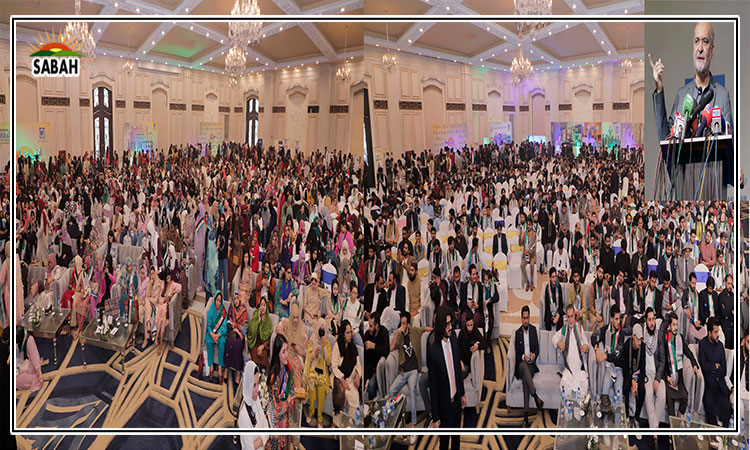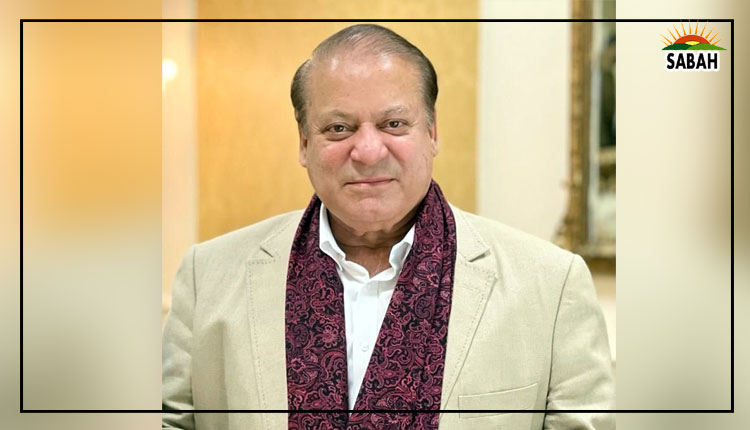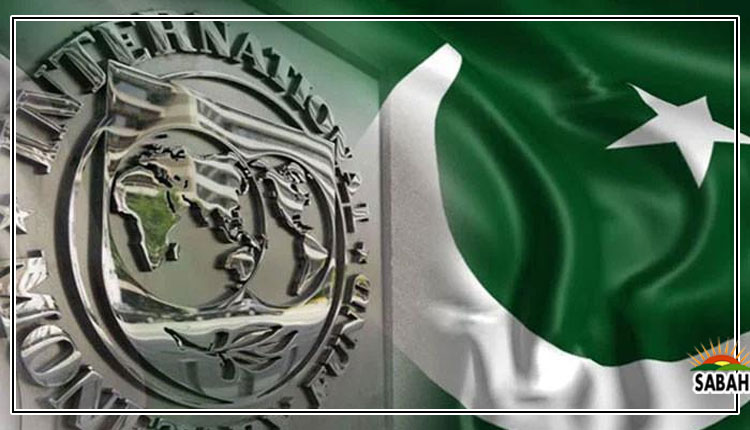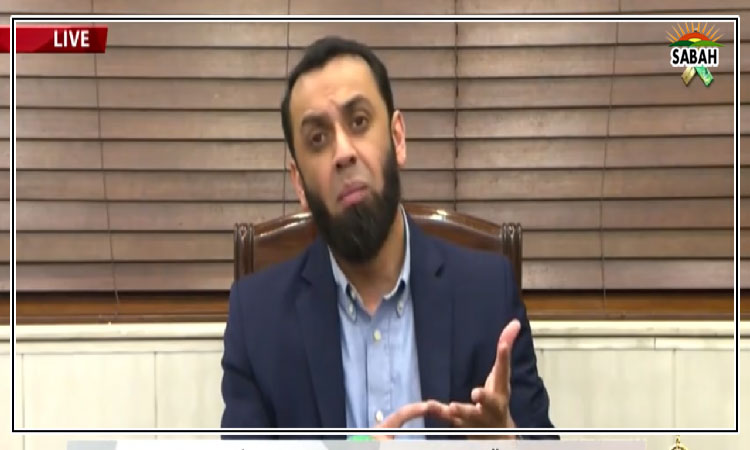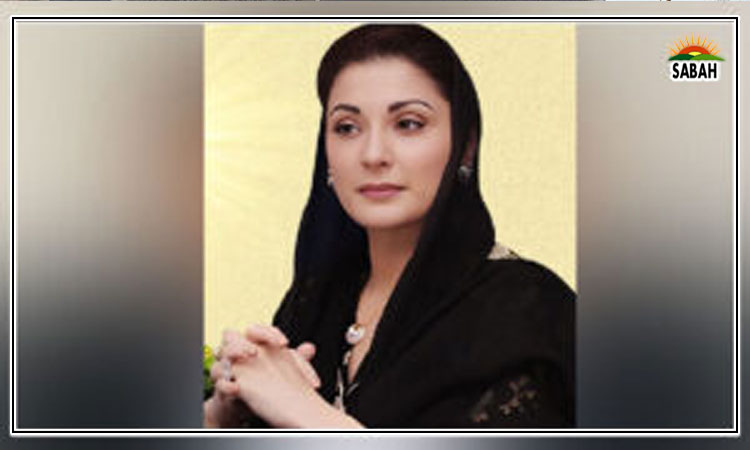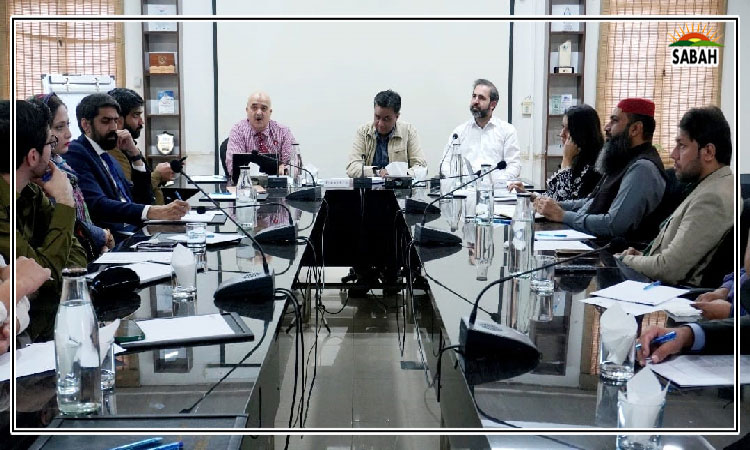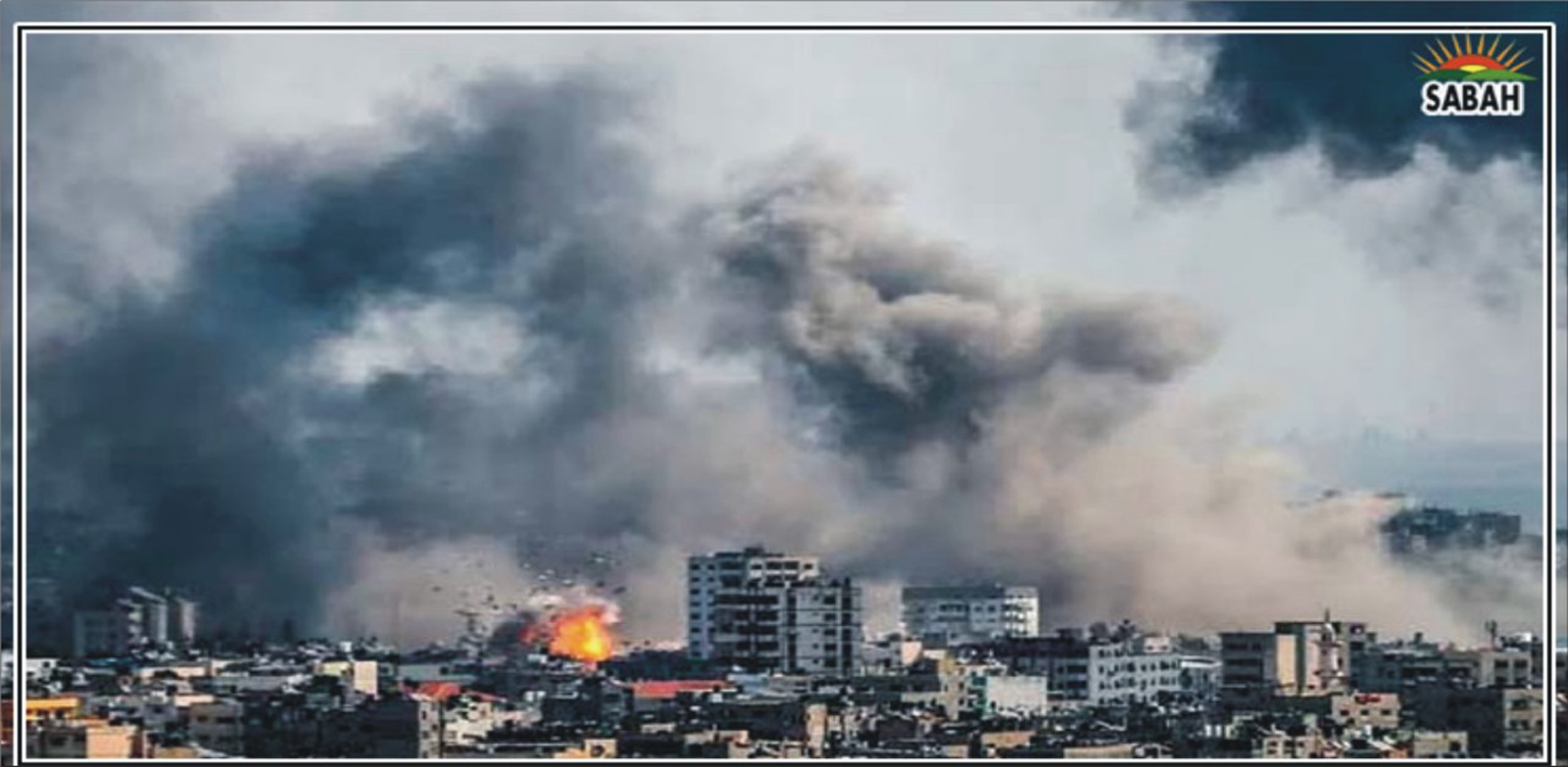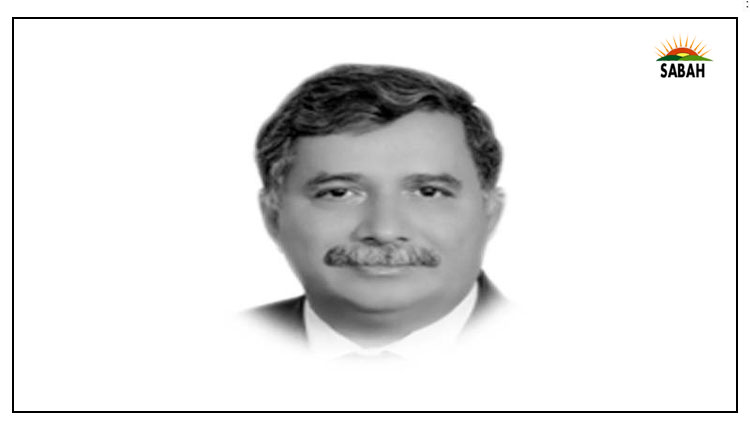Justice on the brink…Dr Syed Akhtar Ali Shah
The letter written by six judges of the Islamabad High Court to the Supreme Judicial Council alleging interference of the executive, including operatives of intelligence agencies, in judicial affairs has evoked heated debate. Irked by the meddling, the judges wrote: We are writing to seek guidance from the Supreme Judicial Council (SJC) with regard to the duty of a judge to report and respond to actions on part of members of the executive, including operatives of intelligence agencies, that seek to interfere with discharge of his/her official functions and qualify as intimidation, as well as the duty to report any such actions that come to his/her attention in relation to colleagues and/or members of the courts that the High Court supervises.
Indpendence of the judiciary is the cardinal principle of our political system which assures fulfillment of the fundamental rights through the use of judicial review of the executive orders. Therefore, many believe if the interference is not stopped, the whole political system will be jeopardised.
The eyes of the nation are thus fixed on the superior judiciary, the Pakistan Bar Council, Provincial Bar Councils, the Supreme Court Bar Association and High Court Bar Associations as to how they are going to act as bulwark against the undue interference.
The letter is neither to be taken in isolation nor considered a personal acts of the judges but in the broader perspective of fundamental freedoms as enshrined in the Constitution of Pakistan. Such brazen acts of interference need to be dealt with firmly if the fundamental rights are to be ensured in the true sense.
Without being independent, the higher judiciary cannot perform the role of being the guardian of the Constitution and thus democracy. That is why its independence is an essential ingredient of the jurisprudence evolved so far. The concept is also mentioned in the preamble to the Constitution of Pakistan through proclamation that the independence of the judiciary shall be fully secured.
A judge undertakes: That I will abide by the code of conduct issued by the Supreme Judicial Council; that I will preserve, protect and defend the Constitution of the Islamic Republic of Pakistan; and that, in all circumstances, I will do right to all manner of people, according to law, without fear or favour, affection or ill-will.
Together with others, Article 4 of the Constitution further protects the rights of the individuals. It lays that to enjoy the protection of law and to be treated in accordance with law is the inalienable right of every citizen, wherever he may be, and of every other person for the time being within Pakistan, in particular, no action detrimental to the life, liberty, body, reputation or property of any person shall be taken except in accordance with law; no person shall be prevented from or be hindered in doing that which is not prohibited by law; and no person shall be compelled to do that which the law does not require him to do.
The fulfillment of the aforementioned rights is not possible by a mere mention in the Constitution. This rather requires an environment free from coercion and interference and a political setup providing an atmosphere to establish the independence of the judiciary.
Noted jurist Fazal Karim has aptly asserted that civil society, in particular, will have to realise that democratic institutions (including the judiciary) are weakened and democracies made unstable not just by men in uniform. The coup dtat is only the more visible form of a coup. Highlighting the grim reality, he states that in some cases, the Constitution has now become a weapon in the hands of its civilian custodians. Institutions are now cruelly deployed by those in control to instil fear in those who may question the wisdom of their action or the correct of their policies. Without shared understandings and a community of trust and accommodation, civilian rule is not synonymous with democracy. Without these, the institutions which ought to create checks and balances become devices of control. Courts are no exceptions.
In How Democracies Die: What History Reveals About Our Future, Levitsky and Ziblatt have mentioned that Institutions alone are not enough to rein in elected autocrats. Constitutions must be defended by political parties and organised citizens but also by democratic norms. Without robust norms, constitutional checks and balances do not serve as the bulwarks of democracy we imagine them to be. Institutions become political weapons, wielded forcefully by those who control them against those who do not. This is how elected autocrats subvert democracy- packing and weaponising the courts and other neutral agencies, buying off the media and private sector (or bullying them into silence) and rewriting the rules of politics to tilt the playing field against opponents. The tragic paradox of the elected route to authoritarianism is that democracys assassins use the very institutions of democracy gradually, subtly, and even legally to kill it.
Seen in this perspective, today justice is on the brink. The assiduous assault on the independence of the judiciary can be prevented by watchdogs, such as Bar Councils, Bar Associations and civil society in coordination with political parties. This is also a test of each political party as to which side of the political spectrum it stands. Let it be clear: the independence of the judiciary is maintained in a true democracy backed by strong public opinion.
Courtesy The Express Tribune


